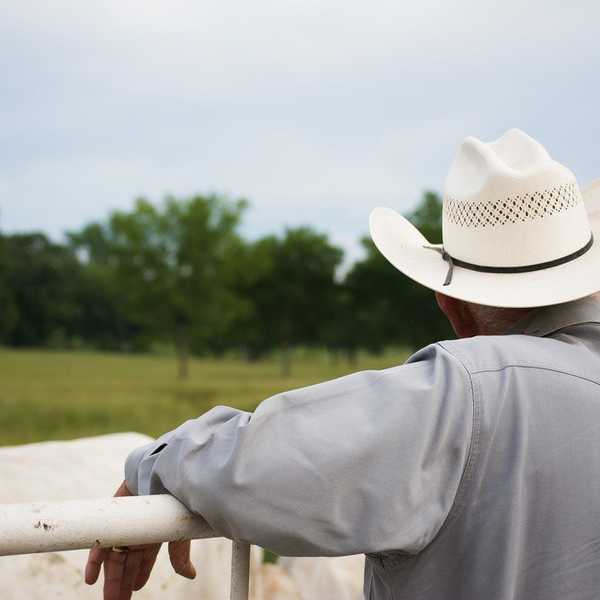I recently had the pleasure of interviewing Sheza Iqbal, a young activist, peer at Mount Holyoke College, and fellow Odyssey creator. This will be the first of two articles in which I discuss my interview with Iqbal, who is an admin of the popular group United Youth of India-Pakistan. The issue of peace between the two nations has been one of great importance to Iqbal, who has roots on both sides of the border between them. Due to her unique position in relation to India and Pakistan as an American who loves both nations, she has grown as a student of history and as an activist as she has passionately pursued peace –– all the while carrying the firm belief in the value of the countries’ similarities as well as differences.
In this article, I am going to discuss Iqbal’s insight into the cultural and historical context of the relationship between India and Pakistan. Her views are nuanced, and sometimes, she finds that those listening to her will grow frustrated with her supposed “contradictory opinion.” Upon telling me this, Iqbal laughed, and said, “My opinion is not inconsistent […] it is very long, so you have to listen!” Regardless of complexity, Iqbal ultimately attributes many (though not all) of the issues between India and Pakistan to colonialism.
“If we hadn’t been divided in 1947, we wouldn’t be as bad as we are today,” Iqbal told me. This, of course, was in reference to Partition –– the divide that took place between Hindu India and Muslim Pakistan –– which was marked by unspeakable violence perpetuated by and done to both sides (extreme trigger warning for violence, mass rape and torture, etc. at the link). Prior to the horrors of Partition, she said that “people were better able to separate religion from politics.”
Since then, a growing politicization of religion has allowed Muslims and Hindus to morph religion from its original meaning, into a vehicle for bigotry. Iqbal believes that, although religion should not be so tied up in a country’s government (as it is today), it does have a place in society. The stumbling block? Iqbal notes that, “religious leaders are a huge problem” insofar as they are driving forces of growing bigotry. Partition, after all, occurred about 70 years ago, and this allows the young generation to experience what Iqbal terms “re-brainwashing.” They are removed by generations from the original split, rendering them more vulnerable to warped, biased accounts of history, intended to violently radicalize, not promote understanding.
Even today, the citizens of both nations themselves are, as a whole, accepting and peace-loving. But in a disturbingly familiar turn, Iqbal noted that “The biggest problem in [India and Pakistan] is the sensationalist media. It’s worse than Fox News.”
The media has long sowed resentment between Indians and Pakistanis, which is further compounded by an absence of free speech in Pakistan, and a “democracy” in India, which Iqbal describes as “a farce.” The production this type of media, plus a constant flow of biased, if not entirely false, information is intentional. It is done to create a surge of nationalism, weaponized by corrupt governments, to turn citizens of both nations against one another. Iqbal hopes will one day turn to a healthy form of patriotism, which seeks to improve nations for the good of the people, without tearing others down.
So, how to combat burgeoning violent nationalism, especially with Hindu nationalism on the rise? The best way, Iqbal argues, is to learn one’s history. The superficiality and whitewashing of history will be familiar to people the world over –– and Iqbal reminds us that “history is written by the victors […] the people in power, who have their own biases control it. Resources on colonialism exist [in schools] but the education is superficial.” Iqbal learned extensively about the particularities of colonialism and the decades following it, but had to do this on her own.
The opinions of many Indians and Pakistanis are fundamentally incongruous with the bigotry of their governments. In Iqbal’s case, this is also true –– she comes from a family of migrants to Pakistan; her family also has roots in India. Colonialism and the hate-filled decades afterward have poisoned relations between two nations which should never have split: which leads us to the question, what is there to do as we move forward?
That is something you are going to have to wait for: next week, I will be writing about activist work in India and Pakistan, and the brave people and groups who are committed to peace and justice for the nations. Iqbal is one of these people: and she certainly has much to say; immense wisdom to give on the subject. In next week’s article, I will discuss activist work in India and Pakistan: helpful and unhelpful, patronizing and supportive, what has been done and what still needs to be worked on.



















